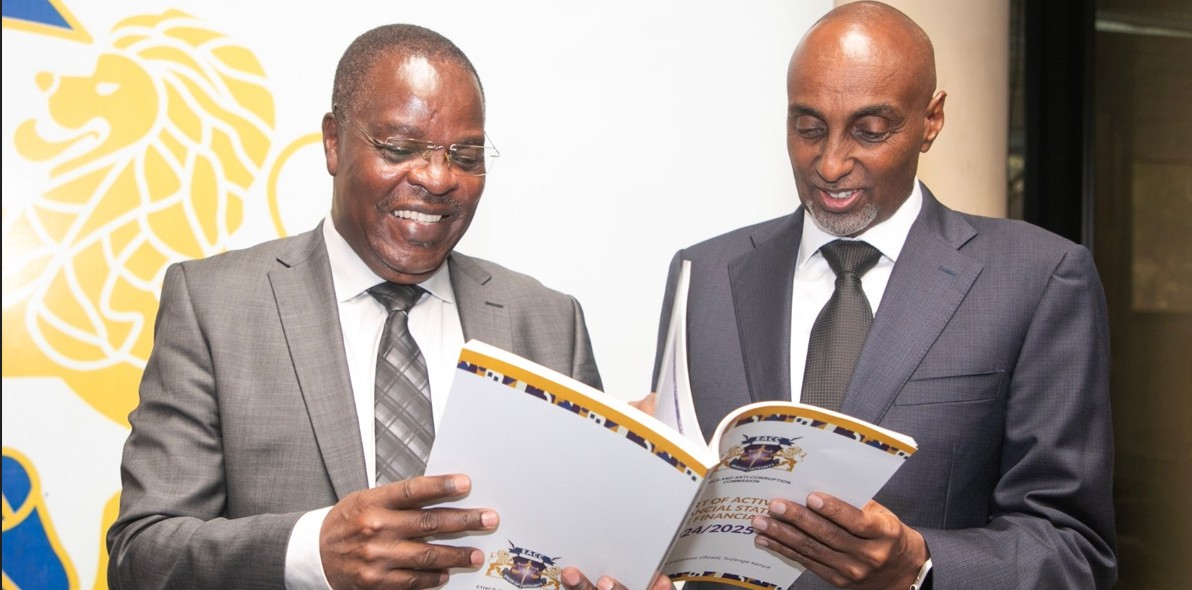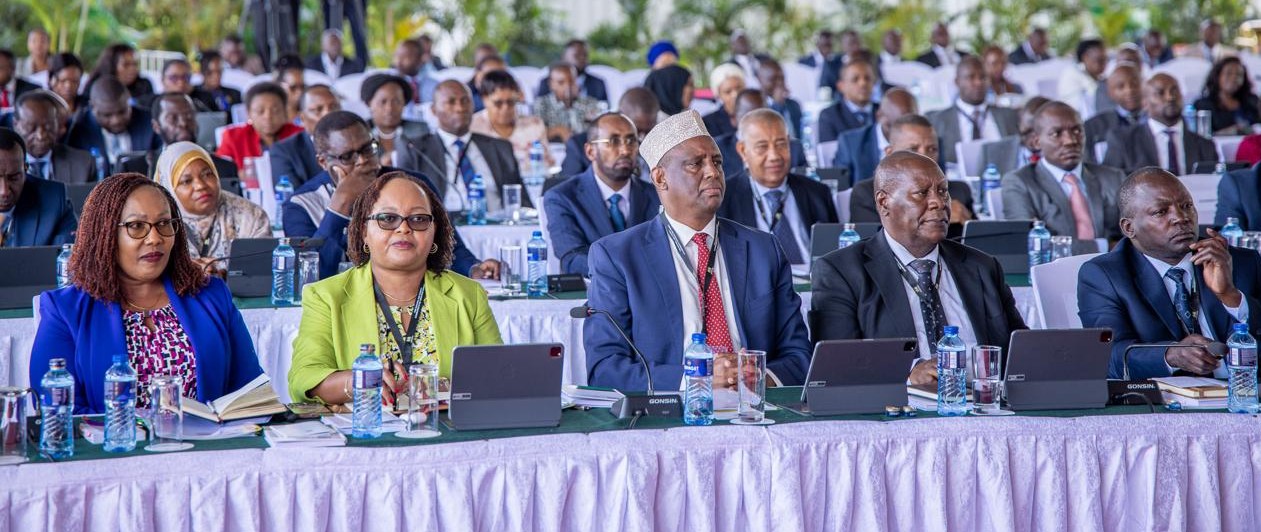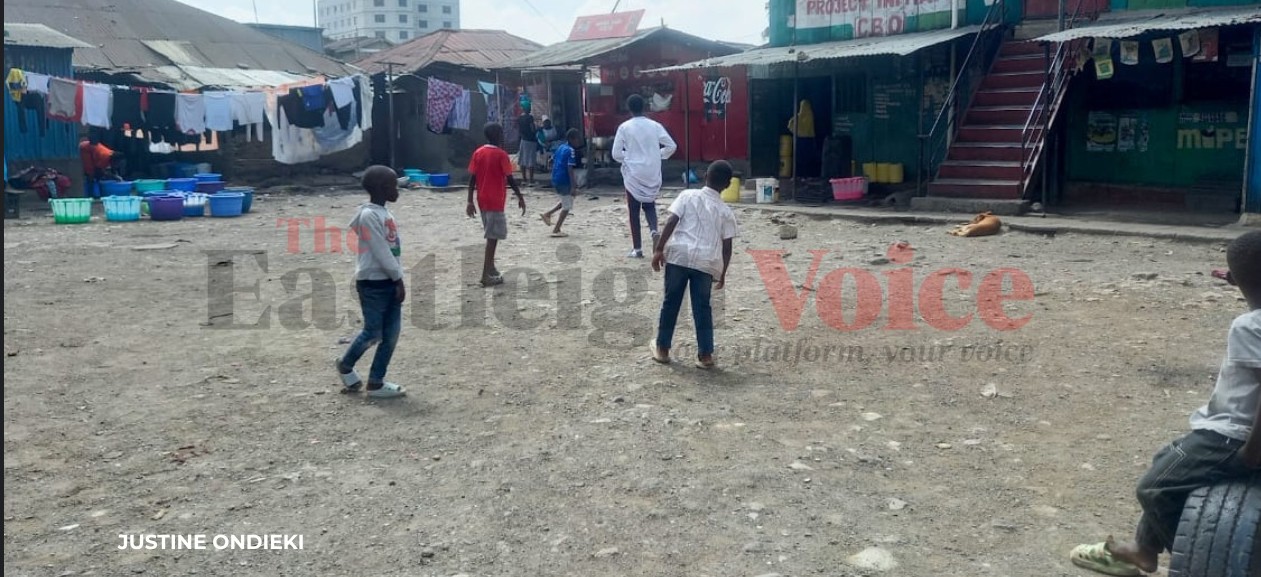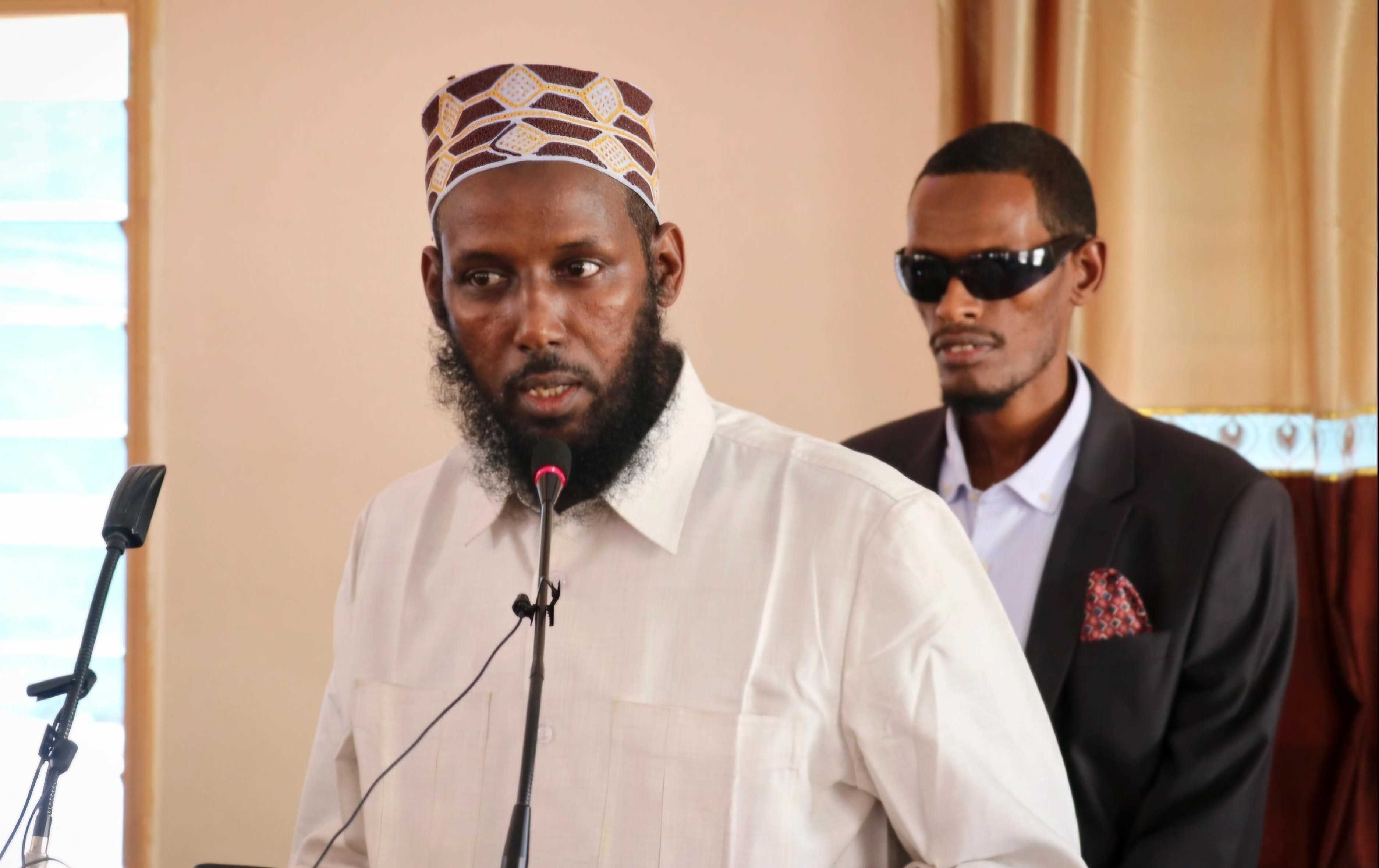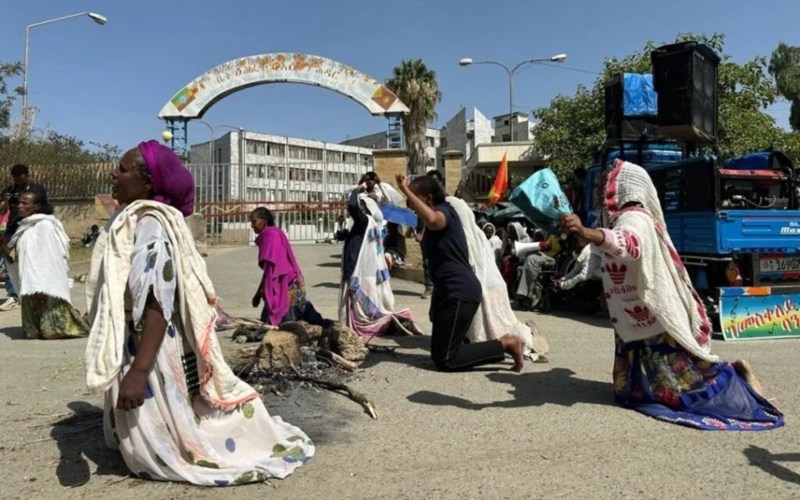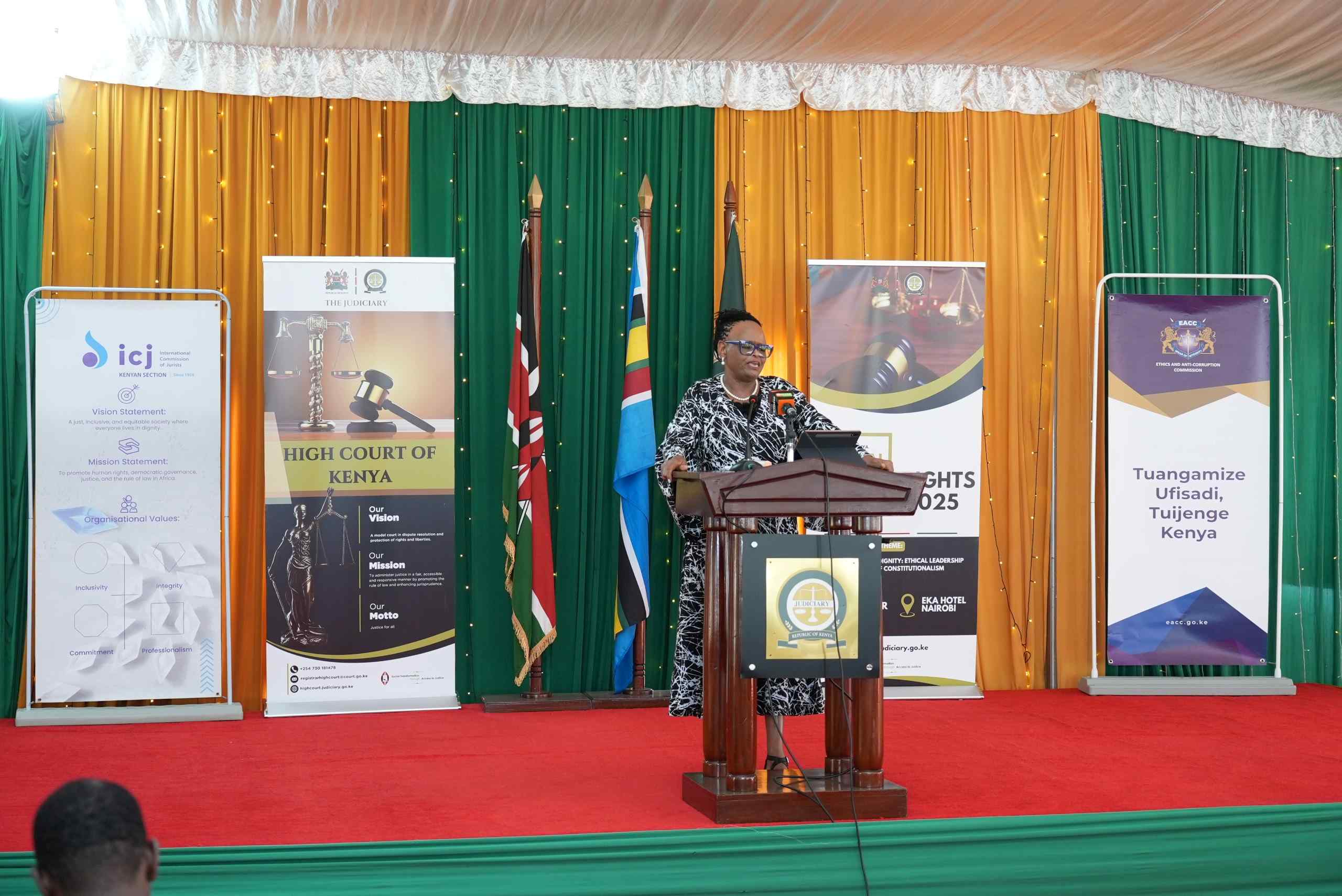Ministry of Health confirms maternal deaths in Kiambu, contradicting Wamatangi’s claims
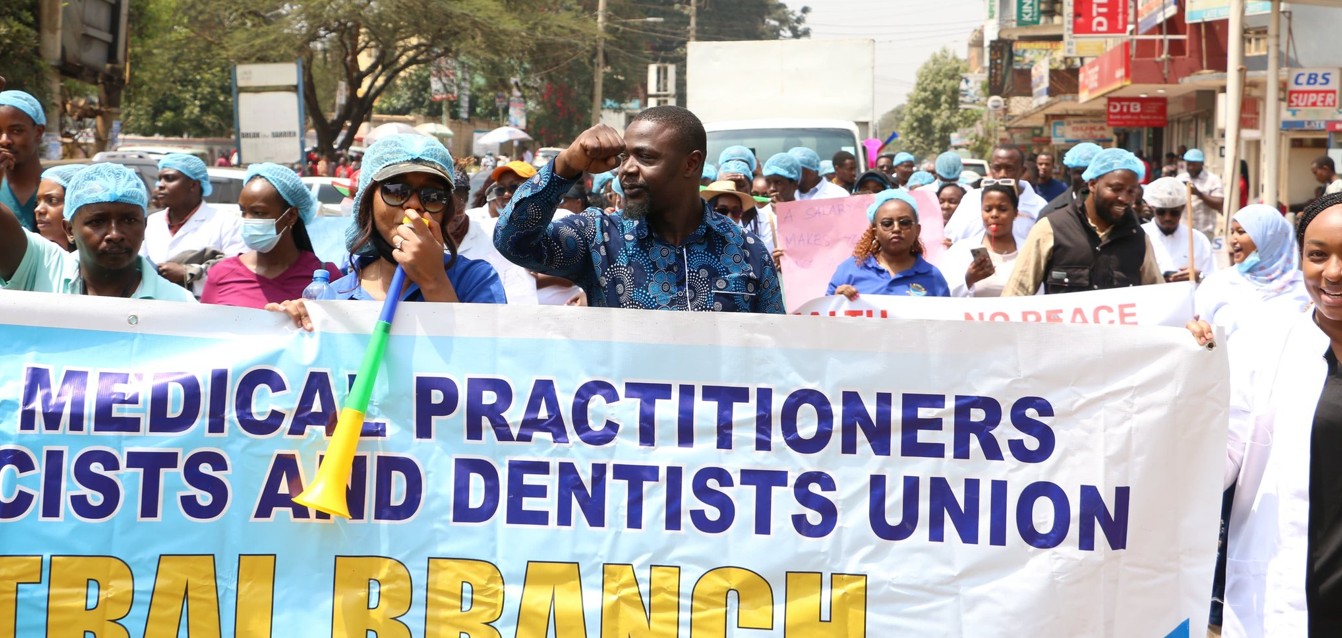
Health CS Aden Duale says ministry data proves several women and newborns died in Kiambu hospitals during the doctors’ strike, contradicting Governor Kimani Wamatangi’s denial.
The Ministry of Health says it has credible evidence showing that Kiambu County recorded several maternal deaths during the recent 151-day doctors’ strike—contradicting claims by the county government that no such fatalities occurred.
Appearing before the Senate on Wednesday, Health Cabinet Secretary Aden Duale said ministry reports confirm that several women and newborns died in Kiambu hospitals during the strike, disputing Governor Kimani Wamatangi’s repeated assertions that the county went eight months without any maternal deaths.
More To Read
- Duale accuses politicians of hijacking clinical officers’ protests, says most protesters are not clinicians
- KNCHR says Kenyans still locked out of healthcare despite Sh138 billion SHA boost
- MPs ditch SHA, the public health scheme they once praised, and opt for private cover
- How Trump–Ruto health deal fills the void left after USAID exit
- MPs demand SHA clears Sh10 billion in pending NHIF bills within three months
- SHA transition sparks tension as teachers cite lack of consultation, legal violations
“The maternal mortality figures given for Kiambu County are not correct. It’s wrong, and I think it’s good you withdraw it. Many mothers died, particularly when doctors were on strike,” Duale told senators.
He said the ministry’s data supports earlier concerns raised by the Kenya Medical Practitioners, Pharmacists and Dentists Union (KMPDU).
“I have the names of the mothers and the newborns. Before the strike, Kiambu was doing well. But as the Minister for Health, I want to confirm to the nation that several maternal deaths occurred, and I’m ready to provide that evidence,” he added.
KMPDU report
On October 1, KMPDU reported that more than 105 lives had been lost in Kiambu hospitals since the strike began in May. The union’s chairperson, James Githinji, said two hospitals in the county recorded 53 infant deaths in September alone.
KMPDU’s data further showed 18 infant deaths each in May and June, 14 in July, 18 in August, and 34 in September at Thika Level 5 Hospital.
KMPDU Secretary General Davji Atellah also alleged that patients seeking treatment in neighbouring counties faced long delays and were transferred in poorly equipped ambulances.
“It is unacceptable that people are suffering because of the county government’s inaction,” Atellah said.
However, the Kiambu County Government dismissed the claims, accusing the union of exaggerating figures on maternal and neonatal deaths.
Meanwhile, Duale told legislators that the government is addressing a national healthcare funding crisis caused by unpaid debts totalling Sh10 billion left behind by the defunct National Health Insurance Fund (NHIF).
He clarified that hospitals’ financial struggles were not linked to delays in implementing the Social Health Insurance Fund (SHIF) but to pending NHIF claims accumulated over several years.
Appearing before the National Assembly’s Departmental Committee on Health, Duale said the Cabinet had resolved to prioritise payment of smaller verified claims, which make up most of the NHIF debt inherited by the new Social Health Authority (SHA).
“The Cabinet has decided that we start by clearing claims below Sh10 million, which represents the largest portion of the debt—subject to verification,” he said.
Of the total Sh10 billion debt, Sh5.3 billion involves unpaid claims of less than Sh10 million per facility, with the largest individual claim standing at Sh9.9 million and the smallest at Sh300.
“Once the Supplementary Budget is passed and the Sh5.3 billion is released, it will be easy to pay these claims. I am ready to share with the Committee a breakdown of the Sh5.3 billion by county, and verification has already begun in collaboration with the Social Health Authority,” Duale said.
He noted that some claims were as small as Sh1,500, requiring the ministry to verify each before payment.
“So we were just looking for the people, whether these are real people. Every day they are coming to SHA, and we are verifying. Within one month, we’ll be through with the Sh5.3 billion because we have to verify every payment. This is public money, and these are claims that are under 10 million,” he said.
Clear NHIF arrears
Duale urged MPs to support the ministry’s plan to clear the NHIF arrears, warning that many health facilities could shut down if the issue is not resolved.
“I urge Members to support us because the biggest challenge health facilities are facing today is not SHIF, but the old NHIF debt. I can confirm to this Committee that several facilities—private, public and faith-based—are on the verge of closure, not because of delayed SHIF reimbursements, but due to the huge pending bills inherited from NHIF,” he said.
Citing St. Mary’s Mumias Mission Hospital in Kakamega, Duale said the facility had received SHA payments but still carried an NHIF debt of nearly Sh40 million.
“St. Mary’s Mumias has received payment from SHA, yet it still carries an NHIF debt of close to Sh40 million,” he said.
To fast-track the process, he said over 15 doctors had been deployed to verify all claims and ensure only authentic debts are included in the Supplementary Budget.
“We now have more than 15 doctors deployed to support verification, and the system has been fully taken over. Within a month, by the time the Supplementary Budget is presented to the House, we expect the verification to be complete and a final list of facilities to be paid ready. Only verified claims will be included in the Supplementary Budget,” he said.
Duale noted that the verification process would be concluded within a month, after which Parliament would receive a complete list of verified claims for approval.
Top Stories Today



